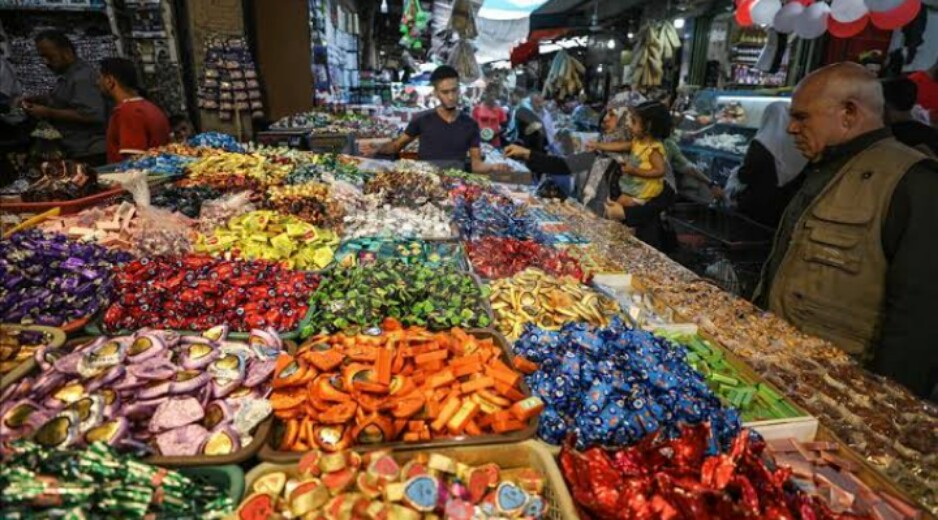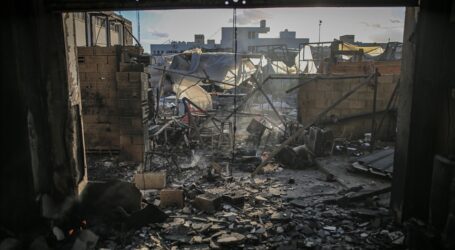Food and Fuel in Gaza Get More Expensive

Gaza, MINA – Food and fuel in the blockaded Gaza Strip are experiencing high prices, most of which are imported from Egypt and Israel.
Flour, sugar, rice, wheat, chicken, vegetables and fuel were among the staples that saw staggering price increases, hitting the poorest people the most.
Mohammed Doghmush, a resident of Gaza City, said he was “surprised” that the price of 30 kilograms of flour rose from $7.7 dollars to $12.4 dollars.
The 45-year-old father of six told The New Arab he needs at least 90 kilograms of flour to feed his family. A nearly double price would choke his earnings hard.
“I’m a trader and I can struggle to earn around $6 a day, which can’t even help me keep my family afloat. So, what should I do with such a high price,” the man complained.
Fatima Al-Shaer, another Gaza resident, said she was forced to buy less than her usual needs due to inflation.
In previous months, the mother of three said that a kilogram of tomatoes cost $1, but now they sell for $2.50.
In addition, the price of a kilogram of chicken rose from $2.3 to $3.5 US dollars.
“No citizen can bear this outrageous price tag,” Shaer said.
He urged local Hamas-run authorities to adjust prices in local markets, especially before the start of the holy month of Ramadan.
The Hamas-run economy ministry said the price hikes were not limited to the Gaza Strip, but were experienced worldwide due to the Ukraine-Russia conflict and the volatility of the dollar against the Israeli shekel.
Osama Nofal, an official at the ministry, told The New Arab he was closely following reports of rising food and fuel prices.
He added that his ministry was working to prevent traders from exploiting customers and seeking profit.
According to the Euro-Mediterranean Human Rights Monitor, some 1.5 million Gazans have become impoverished amid the Israeli blockade. (T/RE1)
Mi’raj News Agency (MINA)






